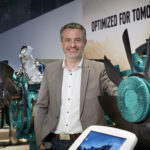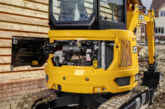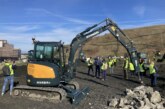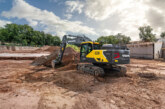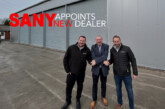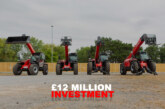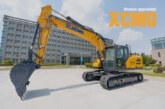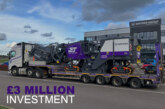Andreas Viktorsson, chief project manager for Stage V, explains how Volvo Penta has managed to increase uptime in its latest D5 to D13 off-road engines by minimizing active regeneration.
Why has regeneration been an important focus for Volvo Penta when developing the new Stage V off-road engines?
We know that downtime is a disadvantage for our end-customers. The Stage V emissions legislation requires engines to have a diesel particulate filter (DPF), which captures and stores soot. This soot needs to be burned off periodically to regenerate the DPF and typically this is done while the machine is at a standstill (active regeneration). But who wants to keep having to put their machine aside for this process, where it is not working and earning?
In developing our new range of Stage V off-road engines, our vision has been “Regeneration Zero”. We have put this challenge at the forefront of our minds and sought to minimize the need for active regeneration as much as possible. This is to keep our end-customers’ machines operational and profitable.
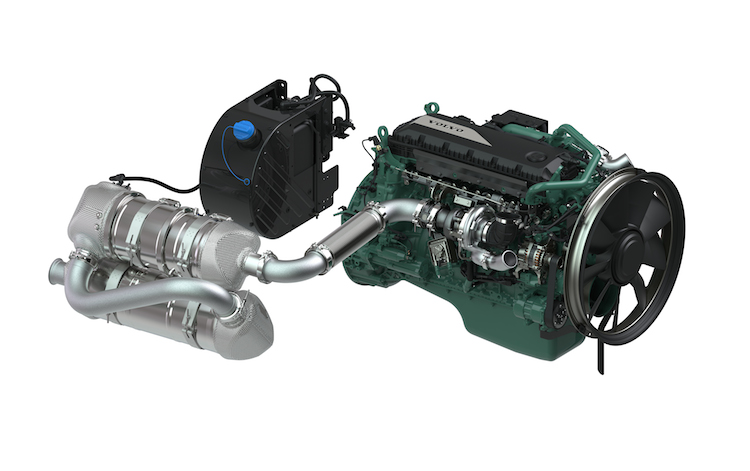
Is zero regeneration really possible?
‘Regeneration Zero’ has been the vision in engineering of the Stage V solution. From a strict technical point of view there will always be a need for at least some active regeneration if the engine is not loaded. However, we have really challenged ourselves to examine this and reduce it to an absolute minimum. We have seen really good results in the field tests of our new engines. When the engines stop for regeneration, it is often caused by running the engine for extensive periods of time in idle.
What has been the secret to Volvo Penta’s success in avoiding stand-still regeneration?
Testing, testing and more testing. We initiated heavy testing to address the issue of regeneration and part of this involves deliberately installing unsuitable engines in some machines to stress the system and find problems for us to address. We have left no stones unturned in the process.
How did Volvo Penta approach “Regeneration Zero” from a technical perspective?
Our aim was to achieve synergies between the base engine and the aftertreatment system so that all the features of the engine and software work together to minimize the need for active regeneration.
For our Stage V off-road platform, we have developed the engine and aftertreatment system hand in hand, and it has been an ongoing optimization project for all engines in the range, which share a common architecture.
For example, we have implemented new water pumps, new oil coolers, new piston rings and new thermostats – relatively minor changes all over the engine but combined they have made significant improvements. Connected to this design philosophy, we have also achieved impressive fuel efficiency figures, helping customers to save costs and the environment.
Why else should a customer choose a Stage V Volvo Penta engine for their off-road application?
Since 2014, with the launch of the Stage IV ranges, Volvo Penta has offered a specific off-road engine platform and it has been warmly welcomed by the market. Our off-road engines are tailor-made for applications in different segments, such as forestry, material handling and construction applications, and we have managed to build a strong design solution with this bottom up approach. We think about the customer and operator first and then create the best engine architecture with proven hardware – no new “off-the-shelf” solutions.
How can a customer ensure they have as little active regeneration as possible from their engines?
Having the right engine for the right application is important. We like to talk to both OEMs and operators to understand how their business works so that we can provide the right specification for minimal active regeneration, noise and fuel consumption. We want to be the strongest business partner possible for our customers, and that means letting us help them to drive profitability in their business.

